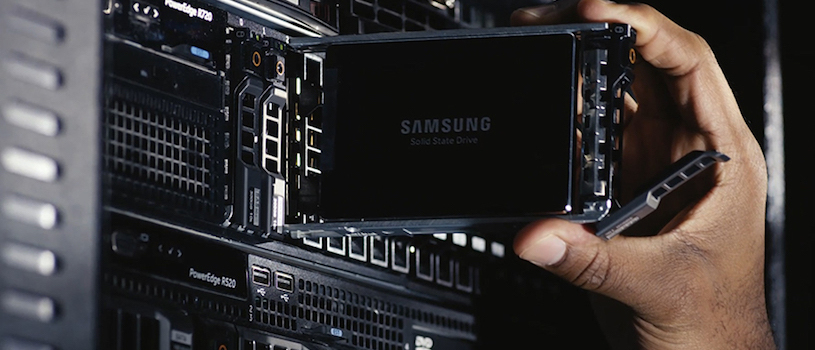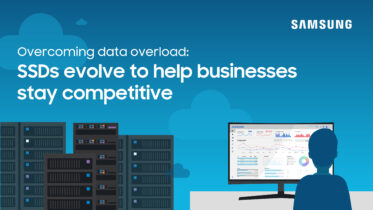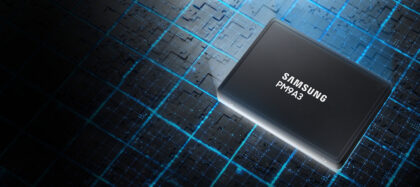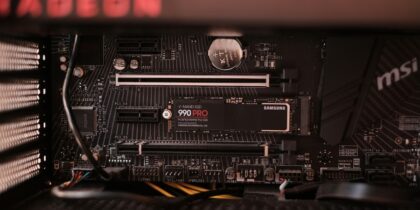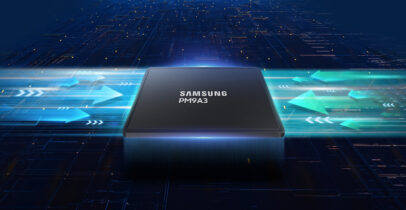SSD systems are generally more expensive than hard drive-based systems, but there are also substantial benefits of SSD setups. To help defray the added costs, vendors often add software compression independent of the SSD, and deduplication, which increase the effective capacity of SSD-based systems.
The process of deduplication removes duplicated files or parts of files when they’re added to a file system again. The process of searching through all the files stored on a system to see if new files being written are duplicated in the existing file system uses a lot of disk I/O, as well as processing power.
Deduplication was originally used in a post-processing mode after a backup was saved to reduce the size of the backup. Hard drive-based systems can’t handle enough input/output operations per second (IOps) to support real-time deduplication, but SSD-based systems, with IOps 5-10x those of hard drive systems, can perform the same operations in real time.
Discover the Cost Advantages of SSDs
Read this white paper on the total cost of ownership advantages of using SSDs. Download Now
Both compression and deduplication are very much “your mileage may vary” operations. A virtual desktop interface (VDI) operation, with dozens to hundreds of virtual images on the same Windows 10 desktop, can realize effective compression ratios of 10:1 or even 100:1, since almost all of the files are the same from one Windows operating system to another.
On the other hand, files that are already compressed or encrypted may not gain any effective compression or deduplication at all. These types of files include certain database indexes, video footage or images. The average for most corporate data is in the 3-5x range, and many vendors go so far as to guarantee an overall compression ratio for a system. If you buy one of their systems and don’t get the guaranteed effective capacity, they’ll give you additional capacity until you have the effective capacity you paid for.
Benefits Beyond Faster IOps
Between deduplication and compression, most all-flash systems can provide an effective capacity 3-5x the raw capacity of the systems, especially when paired with the right software. Vendors like Nimble Storage, using Samsung PM863a SSDs, can use the SSD advantages to achieve performance much better than any hard drive-based system, with effective capacities equal to hard drive systems and prices that are effectively less per gigabyte — one of the benefits of SSD setups.
The SSD advantages in these systems are not just much faster IOps, but also transfer rates of up to 2,500 megabytes per second (MB/s), much lower latencies, as little as a tenth of the power requirements of hard drives and less heat produced. In a system that might have anywhere from a dozen to hundreds of individual drives, this can save kilowatt/hours of electricity per day, in both cooling and operating costs.
Since the effective lifetimes of SSDs, especially enterprise-grade SSDs, have greatly improved over the last few years, the return on investment (ROI) of SSD-based all-flash systems has gotten better every year. The performance and capacity benefits of SSD systems are increasing every year, while cost per GB decreases. Operating costs are also continuing to go down due to the ever-decreasing wattage required to operate SSDs. This means that while it might be a little bit more costly upfront to invest in an SSD-based system, the long-term benefits and efficiencies in data processing will help generate a hefty ROI.
Find the best storage solutions for your business by checking out our award-winning selection of SSDs for the enterprise.
